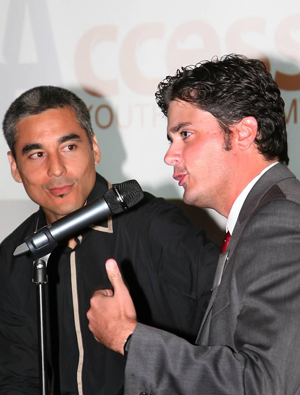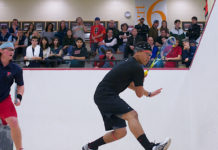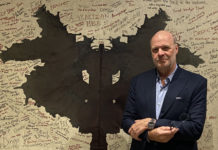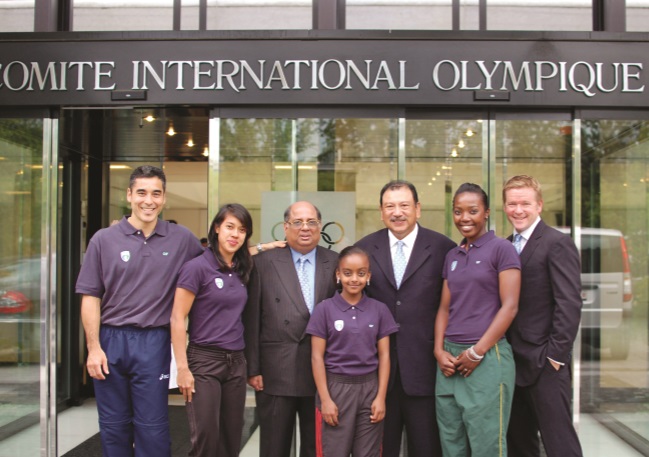
By Pia A. Floresca
One of the biggest international efforts in squash in the past decade has been the quest to join the Olympic Games. In each of the past two campaigns, an Access Youth Academy student has played a central role in the World Squash Federation’s official presentation. (In addition, a CitySquash student, Andreina Benedith, was a part of the September 2013 presentation in Buenos Aires.)
In September 2009 Hanna Fekede Balcha was a part of the WSF’s presentation to the International Olympic Committee in Lausanne, Switzerland. Balcha’s family immigrated to the United States from Ethiopia when she was nine years-old. She joined Access Youth Academy (formerly SurfCity Squash) when she was twelve and a student at Preuss School, a charter school located on the University of California San Diego’s campus.
A year after starting at Access, Balcha was asked to join the official six-person WSF team making squash’s final presentation to the IOC’s Executive Board. In Lausanne, Balcha spoke powerfully about the impact of squash on herself and her family, moving many observers to tears. Afterwards, IOC president Jacques Rogge gave her a hug and thanked her for such a passionate advocacy for the game.
After seven years of urban squash, Balcha won six urban national titles, served as AYA team captain for 2013 and was accepted into all nineteen colleges to which she applied. Today she is a first-year student at Dartmouth.
In December 2012, Reyna Pacheco was a part of the WSF presentation to the IOC Programme Board, also in Lausanne. Pacheco was born in Tijuana, Mexico, and grew up in the City Heights neighborhood of San Diego. Pacheco joined Access Youth Academy as a seventh grader. At the time she had low grades, out of control emotions and no dream of attending college. Access pushed her to raise her grades, learn self-discipline and become passionate about pursuing higher education.
Pacheco had never been out of North America when she flew to Lausanne for the IOC presentation. It was a grueling but rewarding five-day process. “I teared up when I saw my family up on the screen while I was talking,” she said recently. “But I was able to give my talk. We worked on it very hard, going through twenty-five drafts until we got it right. I felt great contributing to the campaign.”
Upon graduation from Preuss School, Pacheco was selected to be a Gates Millennium Scholar, granting her a full scholarship to any college or university of her choosing. She is now a sophomore at Columbia and playing at the top of their ladder. She has set her sights so high that she is pondering turning pro after graduation.
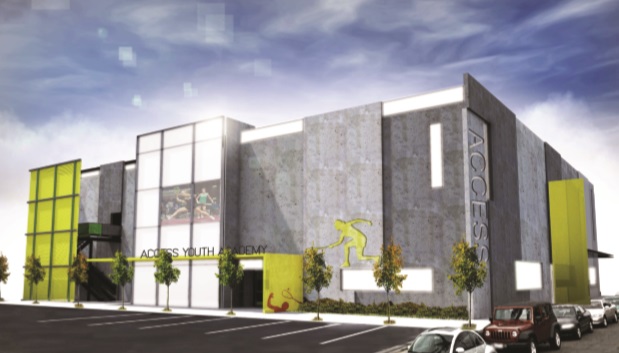
Access Youth Academy, with their proven concept of transformation, is now in position to help more students like Balcha and Pacheco reach their full potential. In partnership with Hoover High School and the San Diego Unified School district, AYA will be pursuing a joint-venture project that will have a far-reaching impact on addressing the socio-economic and health disparities of San Diego: a new $6 million, two-story, squash and academic facility on the Hoover High School campus in the City Heights neighborhood. It will serve over 1,400 students each year and be a gathering place for their parents and the rest of the surrounding community. The facility will include six classrooms, a library, administrative offices and nine squash courts, one of which will be an all- glass exhibition court.
The new facility, one of the largest squash facilities on the West Coast, is scheduled to break ground in 2015 and open in 2016.
The partnership project will be funded equally by public and private funds. Fifty percent of the project budget will come from the public funds granted by the Proposition Z school bond initiative passed by California in November 2012. The private funds will come from individuals, foundations and corporations. Access Youth Academy has committed to raising the remainder of the funds to ensure the completion of this project.
“Our program has shown we are transforming lives,” says Renato Paiva, the Executive Director. “Access Youth Academy’s mission is to transform the lives of underserved youth through academic excellence, health and wellness, leadership and social responsibility through squash. Opening this facility will take us one step further in impacting the youth of San Diego County and to set an example for other National Urban Squash & Education Association programs.”


